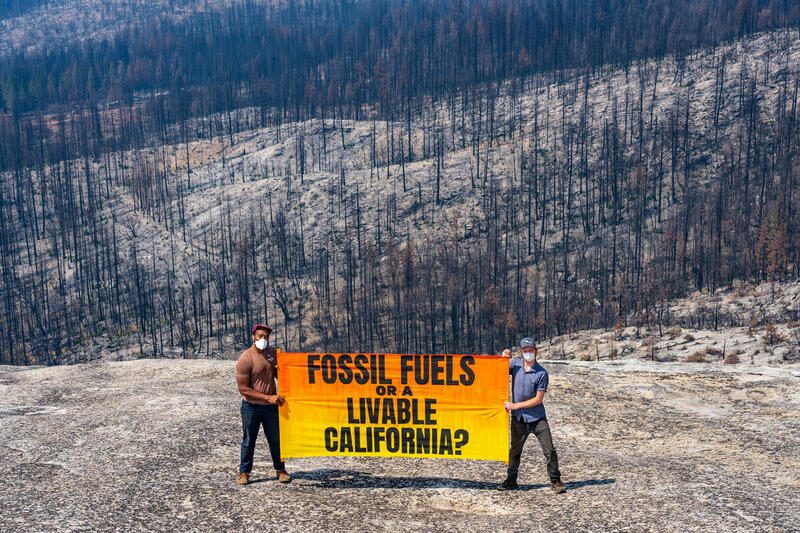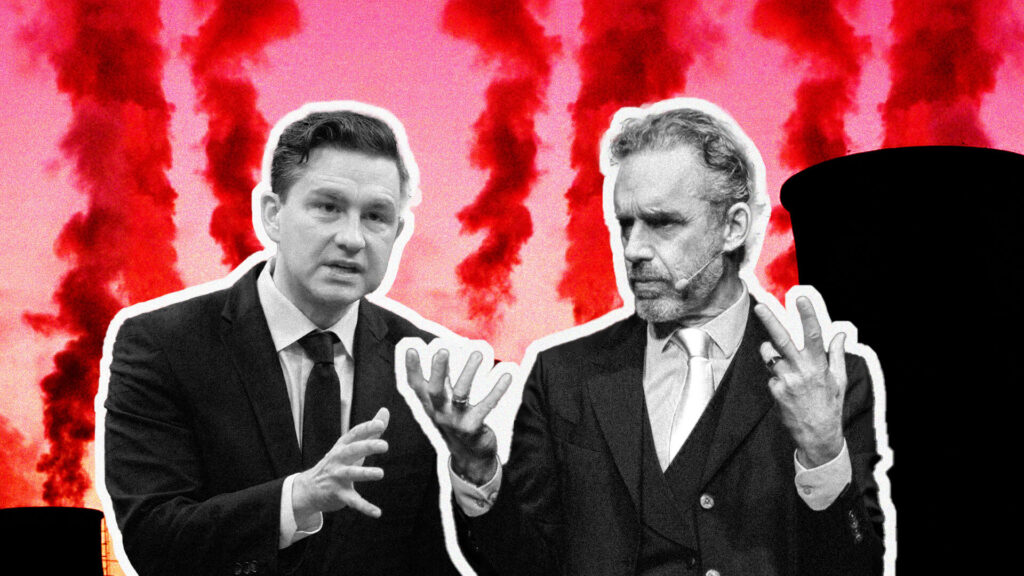This article by Grist is published here as part of the global journalism collaboration Covering Climate Now.
On October 7, California Governor Gavin Newsom signed a sweeping series of climate and environmental laws into effect, cementing the Golden State’s reputation as a leader in climate action. The laws establish some of the country’s most robust rules for businesses to disclose greenhouse gas emissions, the content of their carbon offsets, and the financial risks they face due to climate change. They also hope to speed up the state’s adoption of more renewable energy, in particular offshore wind projects. Still, the governor raised some eyebrows by vetoing bills that might have sped up construction of new transmission lines — an essential complement to the buildout of renewable power — and signaled that even the bills he just signed could be revised to satisfy business interests in the coming years.
The new bills land as California communities reel from recent years’ historic fires, floods, and extreme heat. The legislation also comes a year after the state moved forward with Newsom’s plan to phase out the sale of gas-powered cars by 2035.
Perhaps the most sweeping bill signed on Saturday was SB 253, otherwise known as the Climate Corporate Data Accountability Act. It will require corporate entities that engage in business in the state of California to publicly disclose their greenhouse gas emissions — not only their direct emissions, like smoke from their factories, but also indirect or upstream emissions related to other business activities like commutes. The law covers over 5,300 companies that make over $1 billion annually. By 2025, the state’s Air Resources Board will approve new rules to implement the legislation; by 2026 the law will fully go into effect.
Big business in the Golden State has expressed opposition to the law. A letter written by the California Chamber of Commerce and undersigned by multiple growers’ associations, manufacturers’ associations, and other business coalitions urged California representatives to vote no on the bill. “Simply put, SB 253 is a reporting requirement. And, a costly reporting requirement at that and will not lead to direct emissions reductions,” the letter said.
Newsom in turn has reassured business interests that he will amend the law next year, streamlining it to address their concerns. “I am concerned about the overall financial impact of this bill on businesses,” Newsom wrote in his signing message.
The same legislative session saw a number of other notable bills signed into law, many intended to mitigate the effects of climate change and speed up the energy transition. A second bill similar to SB 253 requires companies worth more than $500 million to disclose the financial risks climate change holds for their businesses. Another law targets abandoned oil wells for faster closure and cleanup. Still others strengthen renewable energy infrastructure, though Newsom vetoed a bill to speed up the permitting process for power lines, which would speed up transmission of renewable energy.
Despite organized business opposition to some of these bills, some corporations, particularly those that already disclose their emissions, threw their support behind the proposed disclosure rules. “Fighting climate change remains one of our most urgent priorities,” wrote Apple in a letter of support to State Senator Scott Wiener, who introduced the bill after unsuccessful attempts to get it passed in two previous sessions.
“This legislation will support those companies doing their part to tackle the climate crisis and create accountability for those that aren’t,” Wiener said in a statement.
Subscribe to our newsletter
Stay up to date with DeSmog news and alerts







